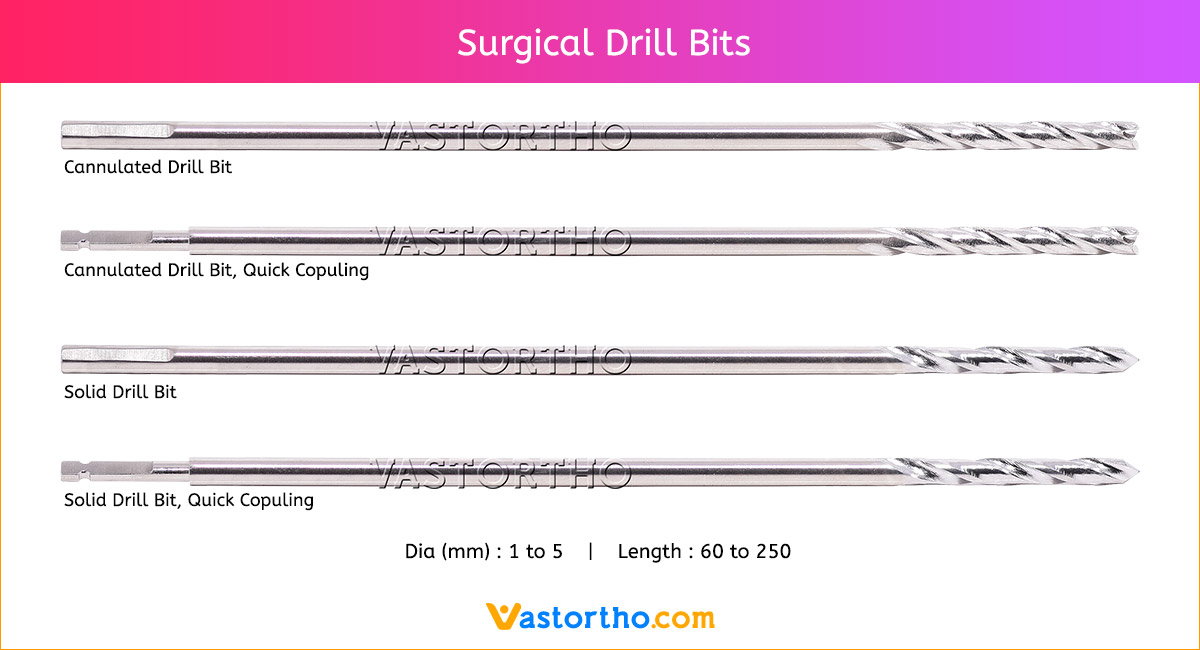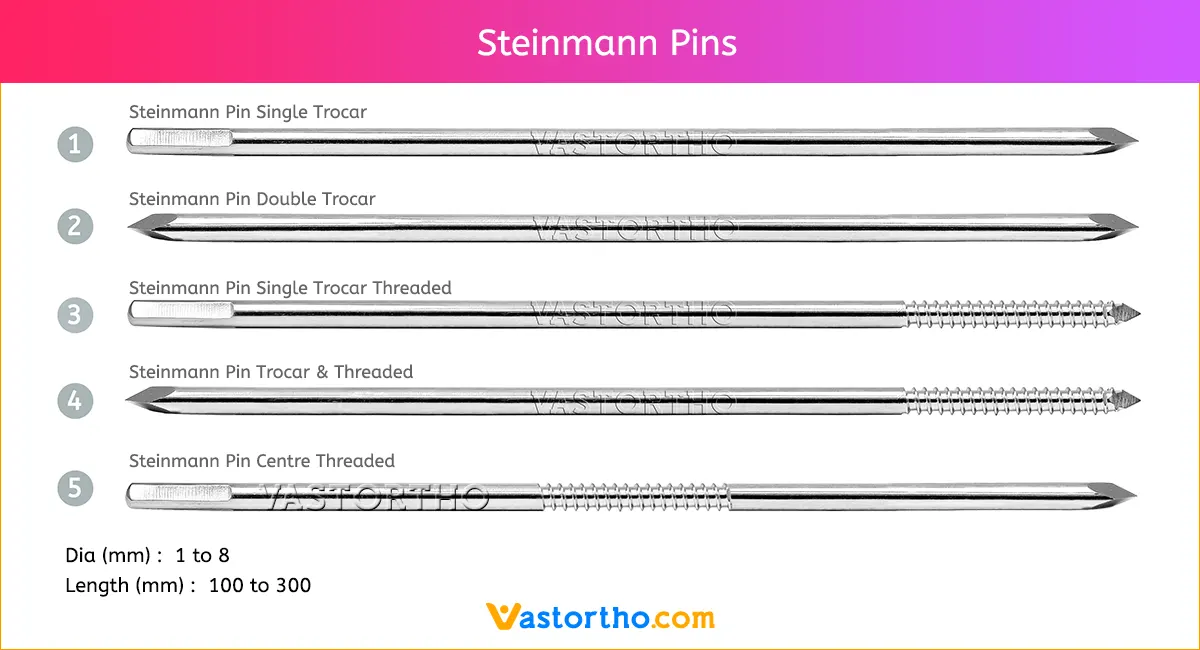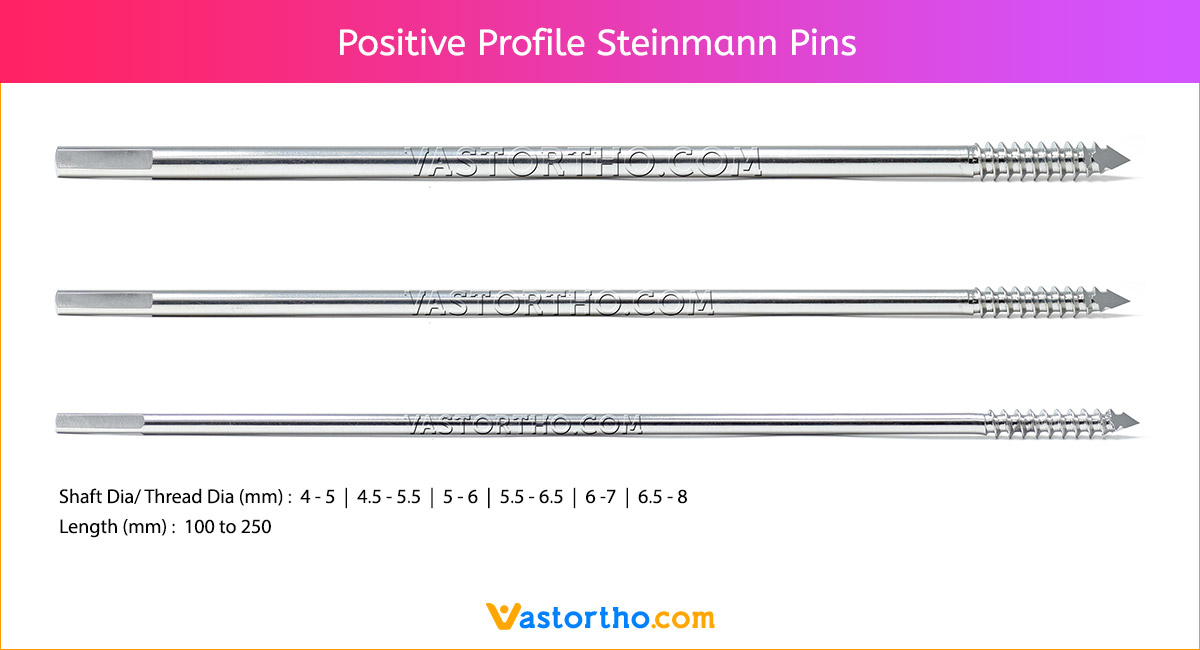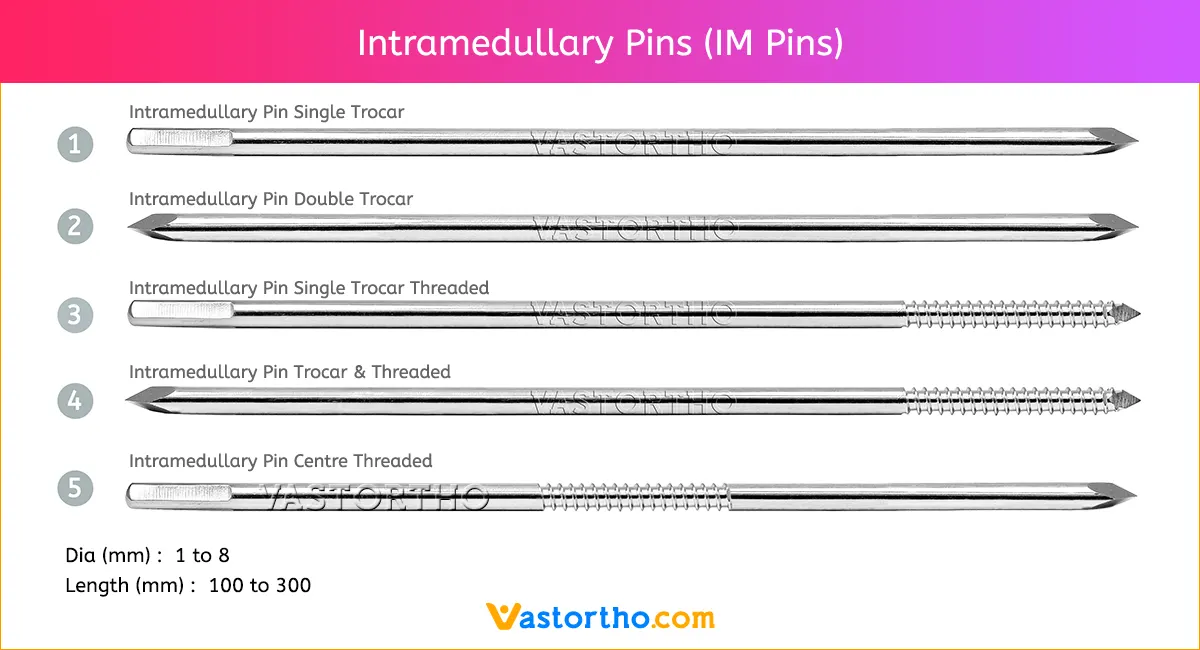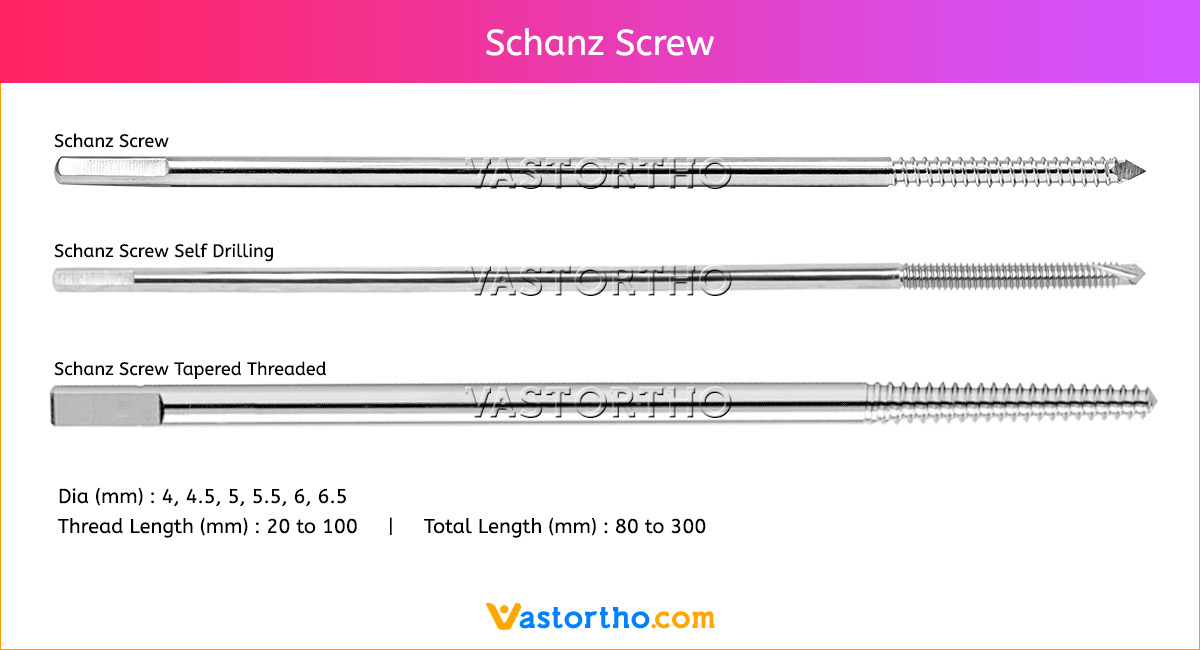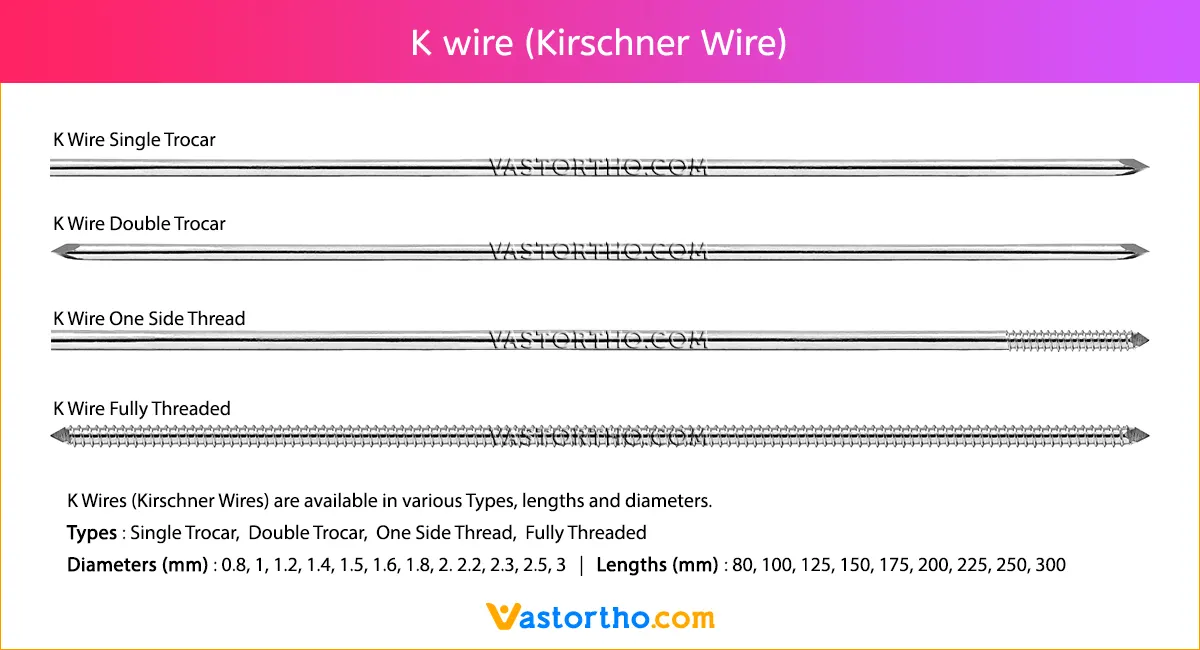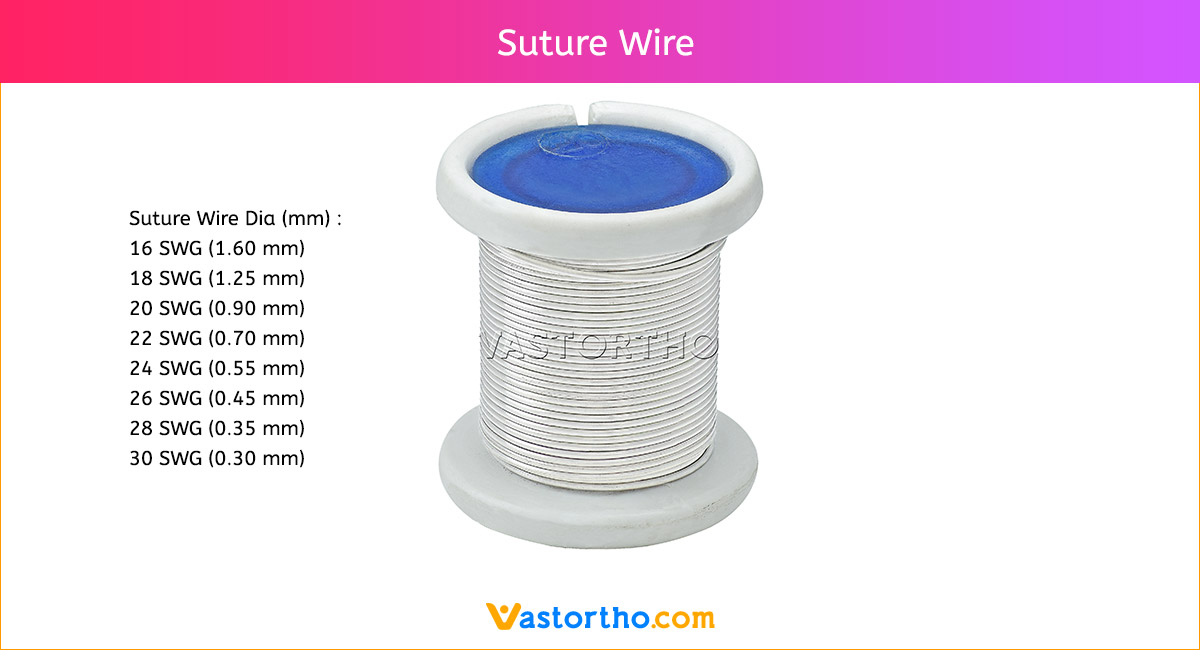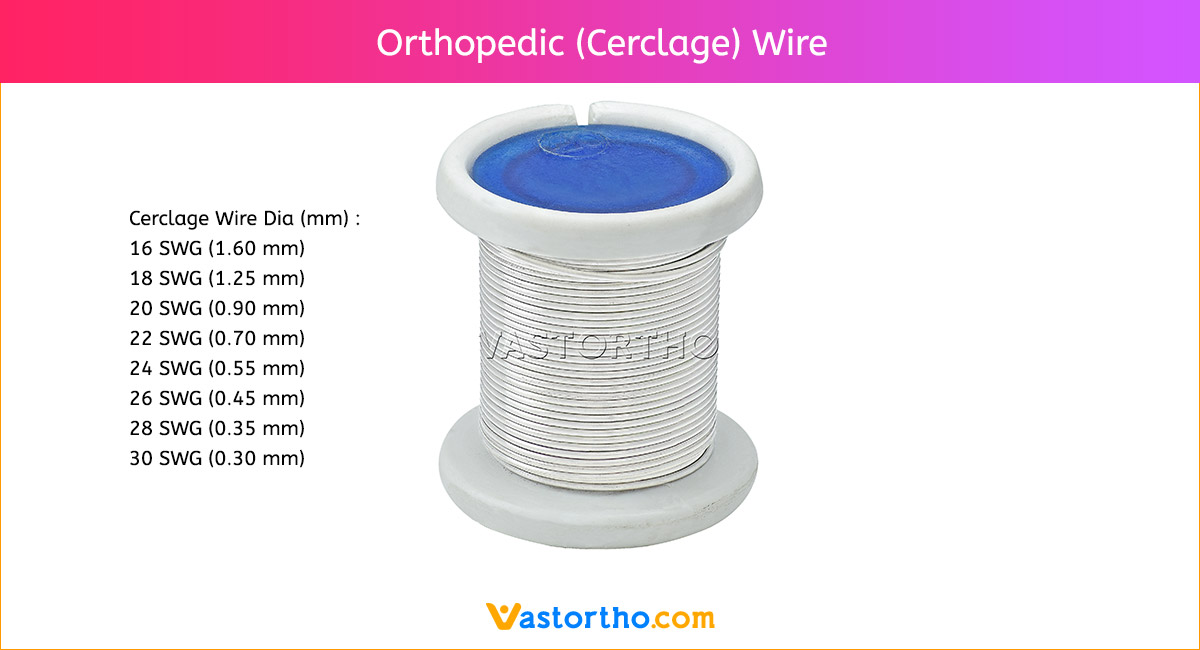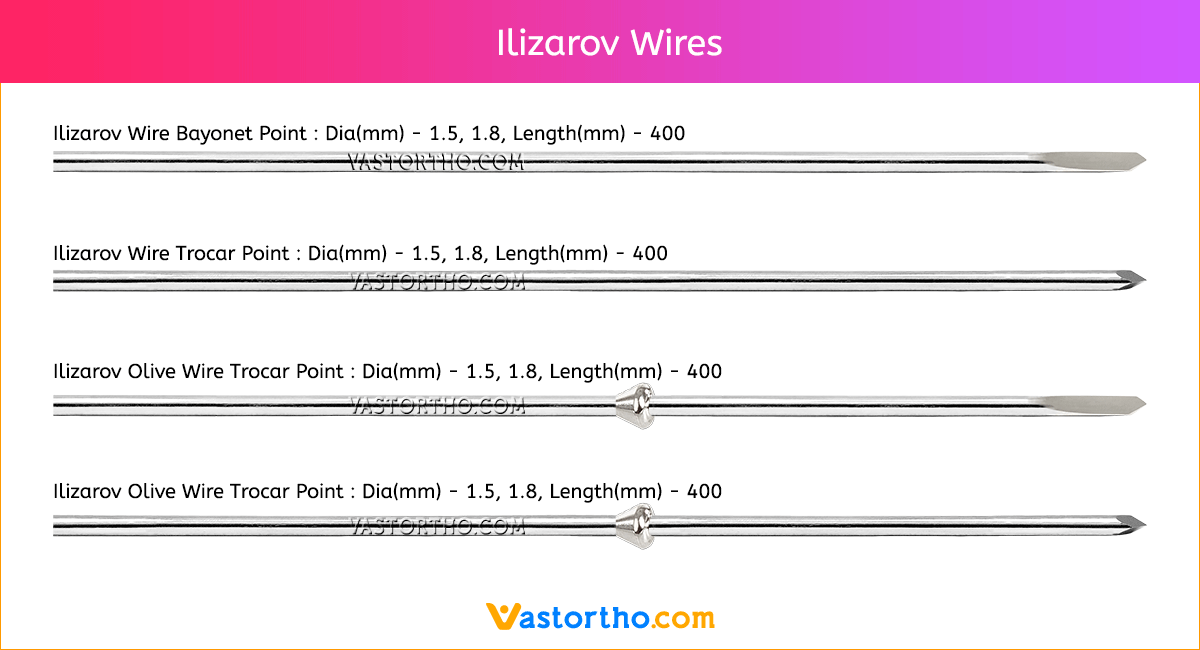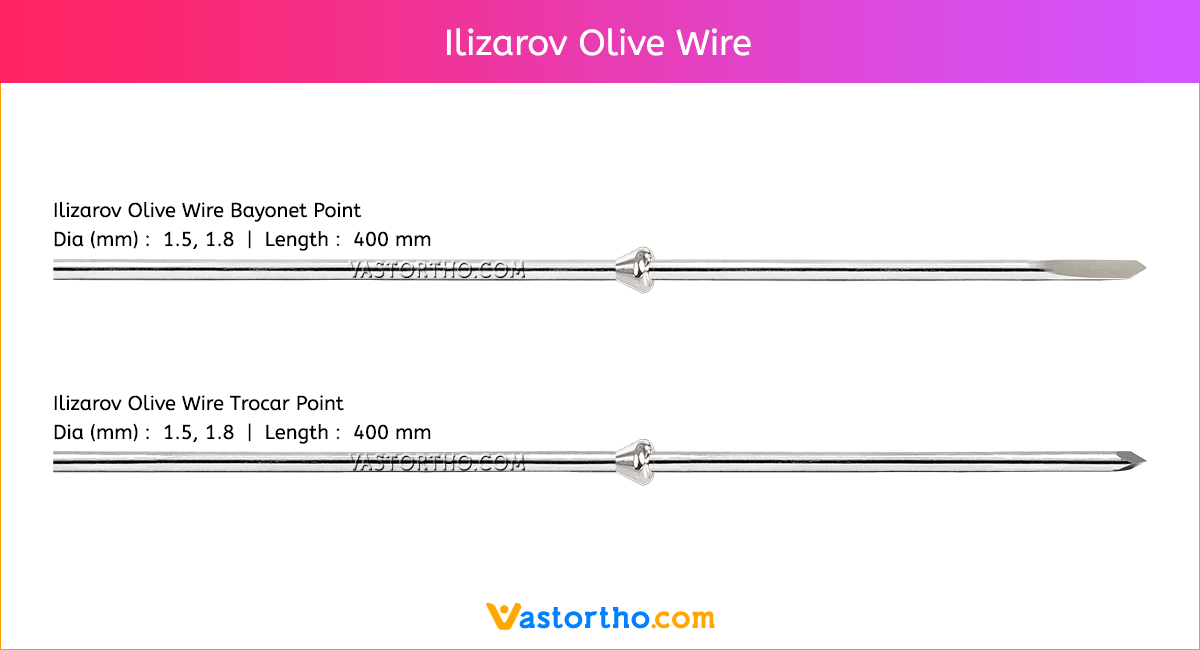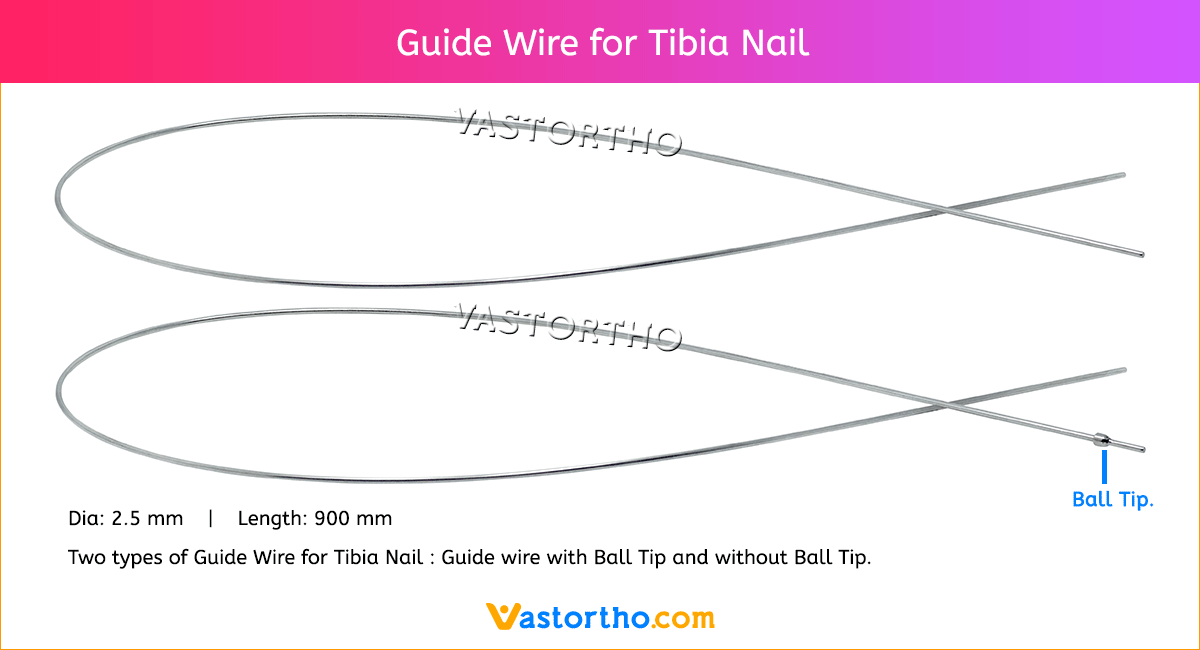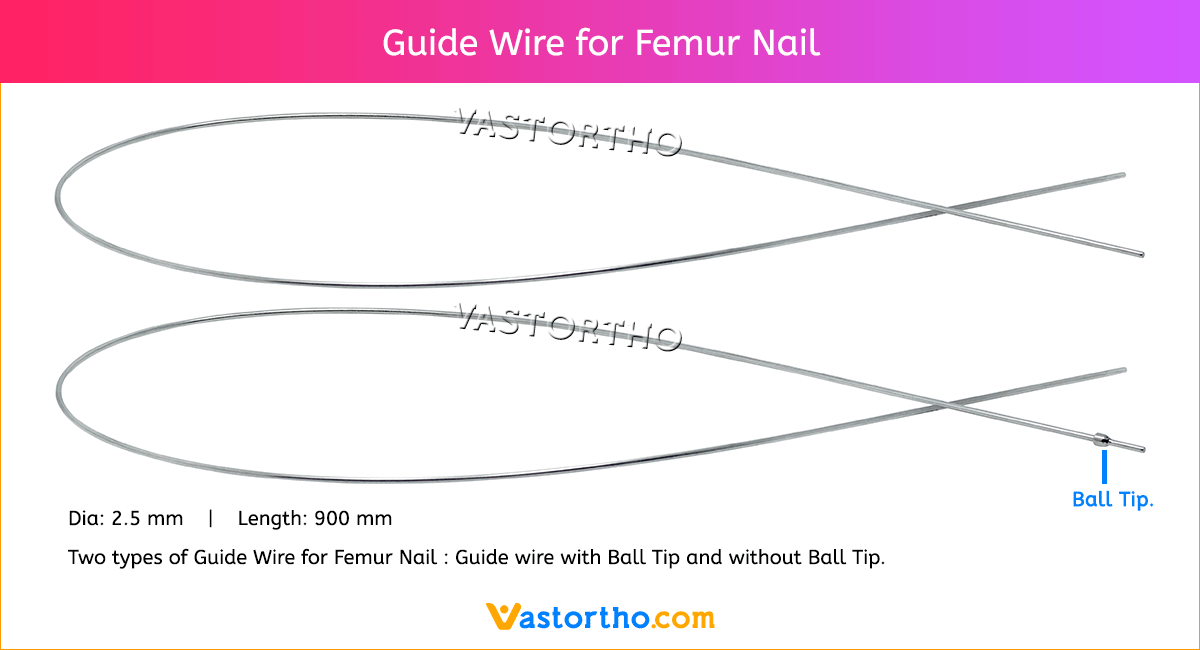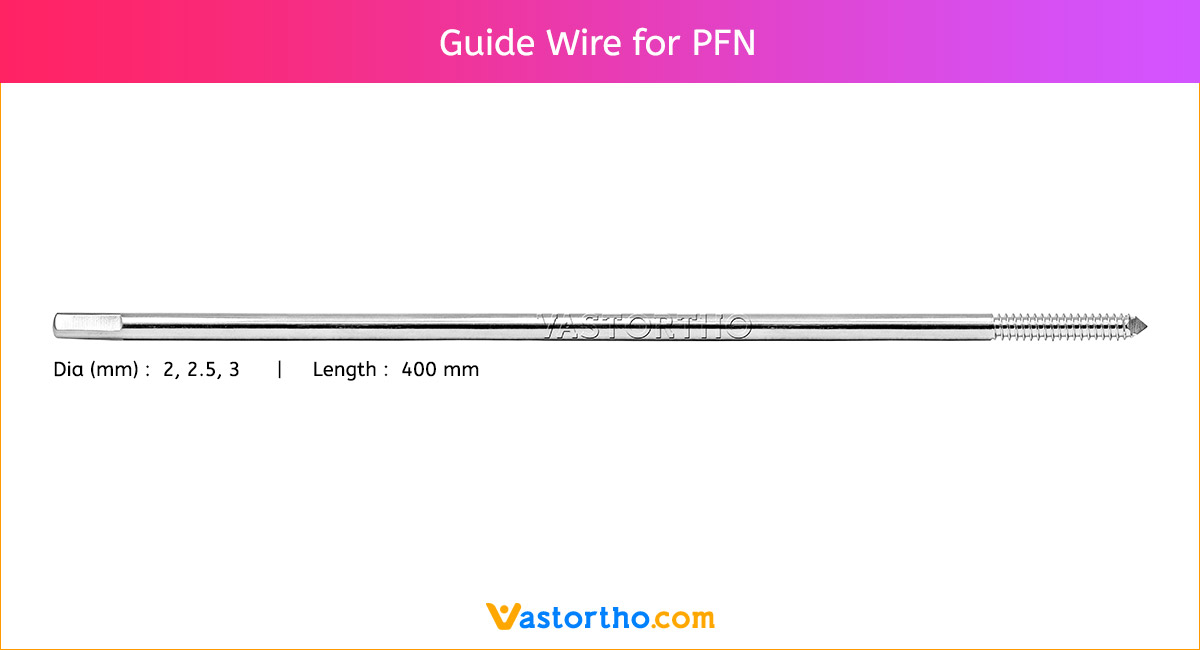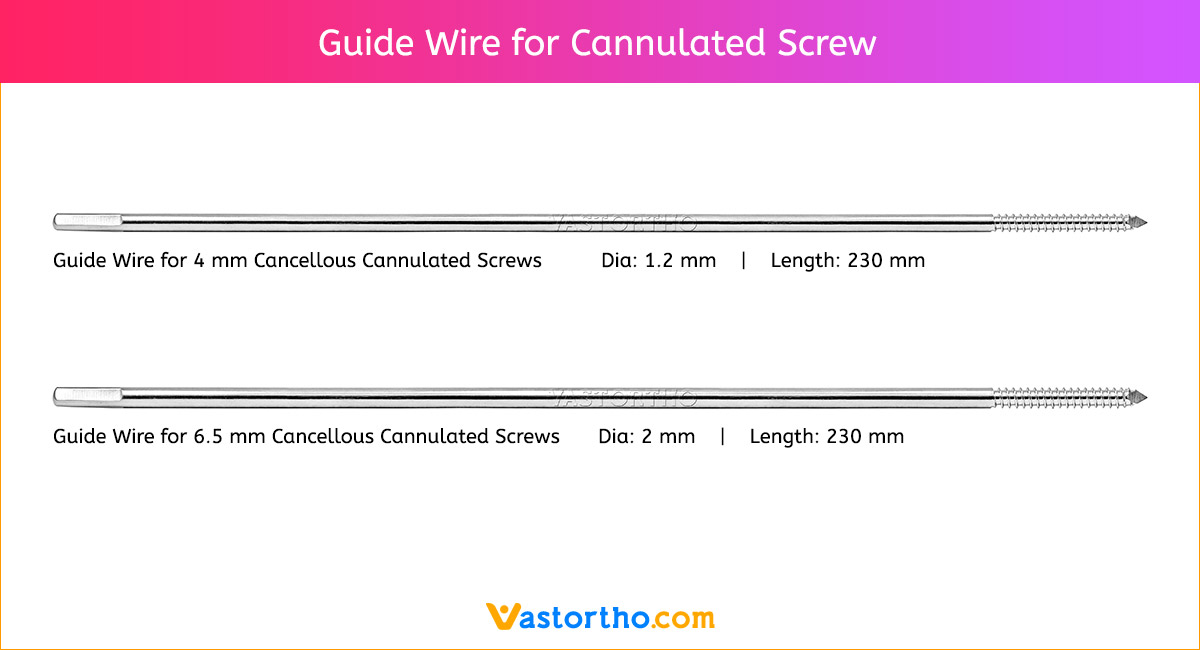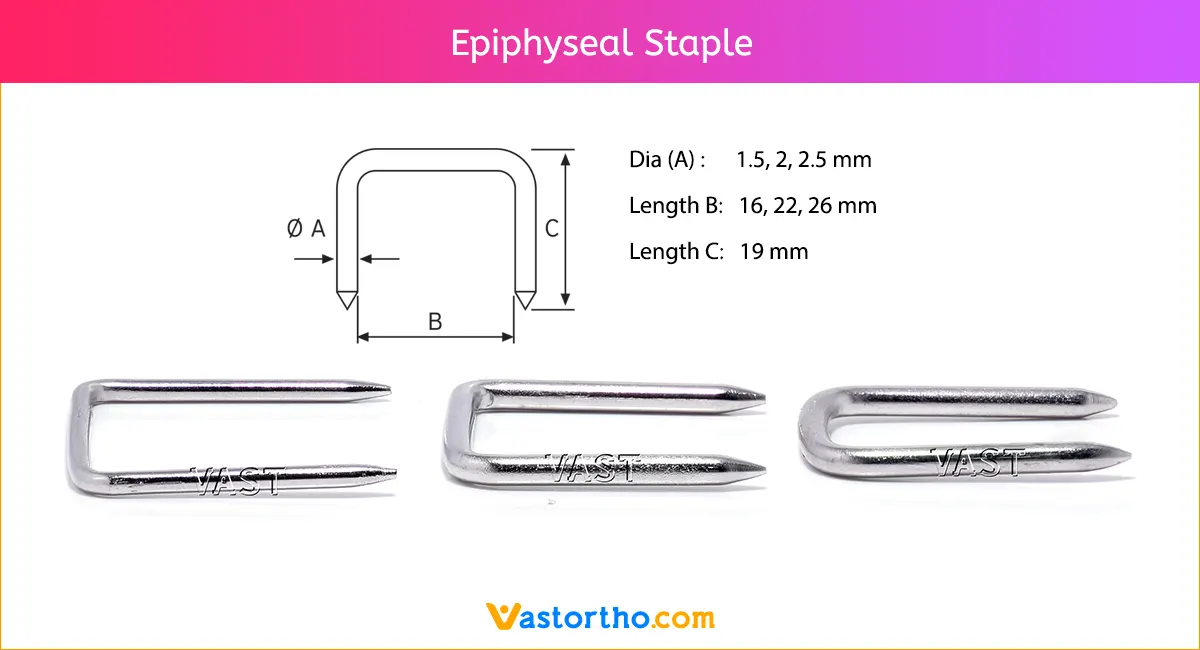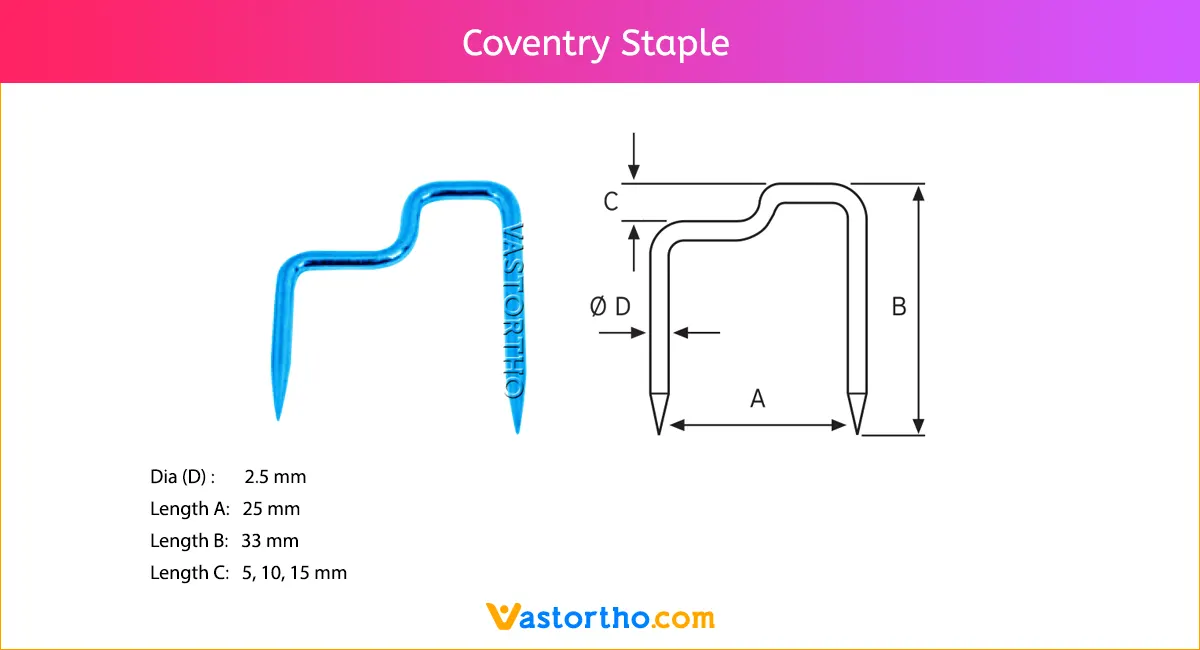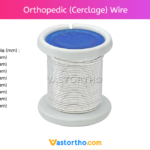Gigli Saw Wire Specification, Uses, Sizes and Surgical Techniques.
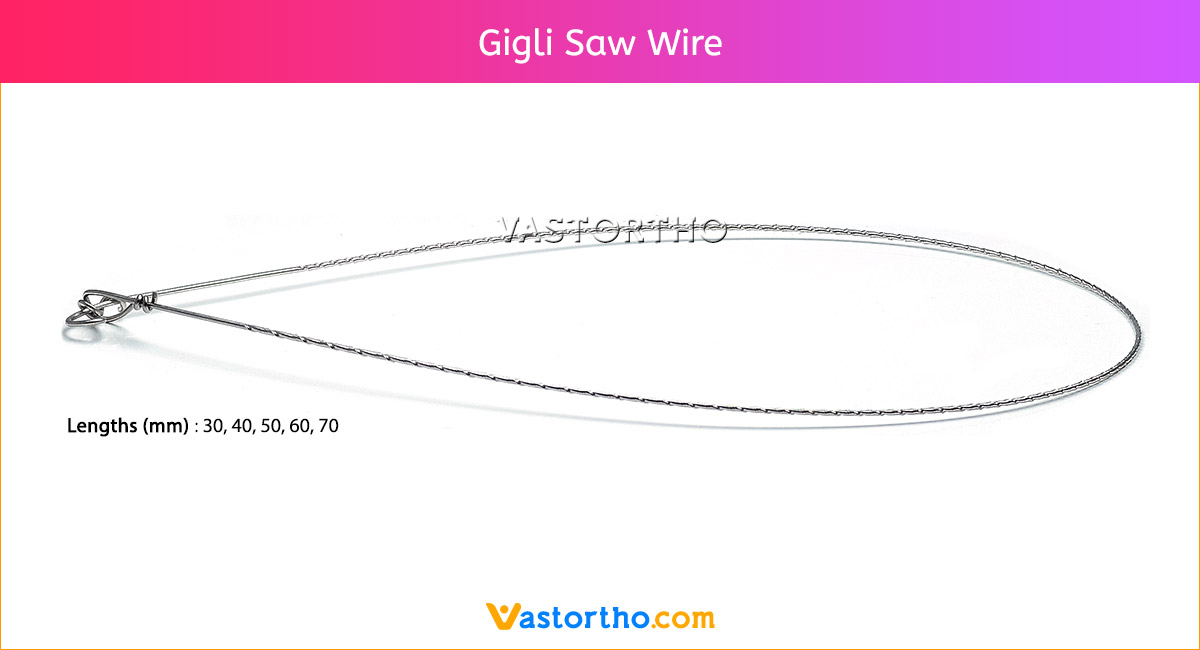
A Gigli Saw Wire is a flexible wire saw used by surgeons to cut bones. It is composed of of multiple, flexible, wires twisted in such a way as to create multiple cutting surfaces. There are loops on both ends that can be attached to a handle. It is commonly used for amputation of limbs.
Gigli Saw Wire is designed with the cutting teeth arranged in a straight line along the cutting edge and which cuts when the blade is powered in a rapid reciprocating movement (a back and forth motion like a jigsaw) against the object to be cut.

